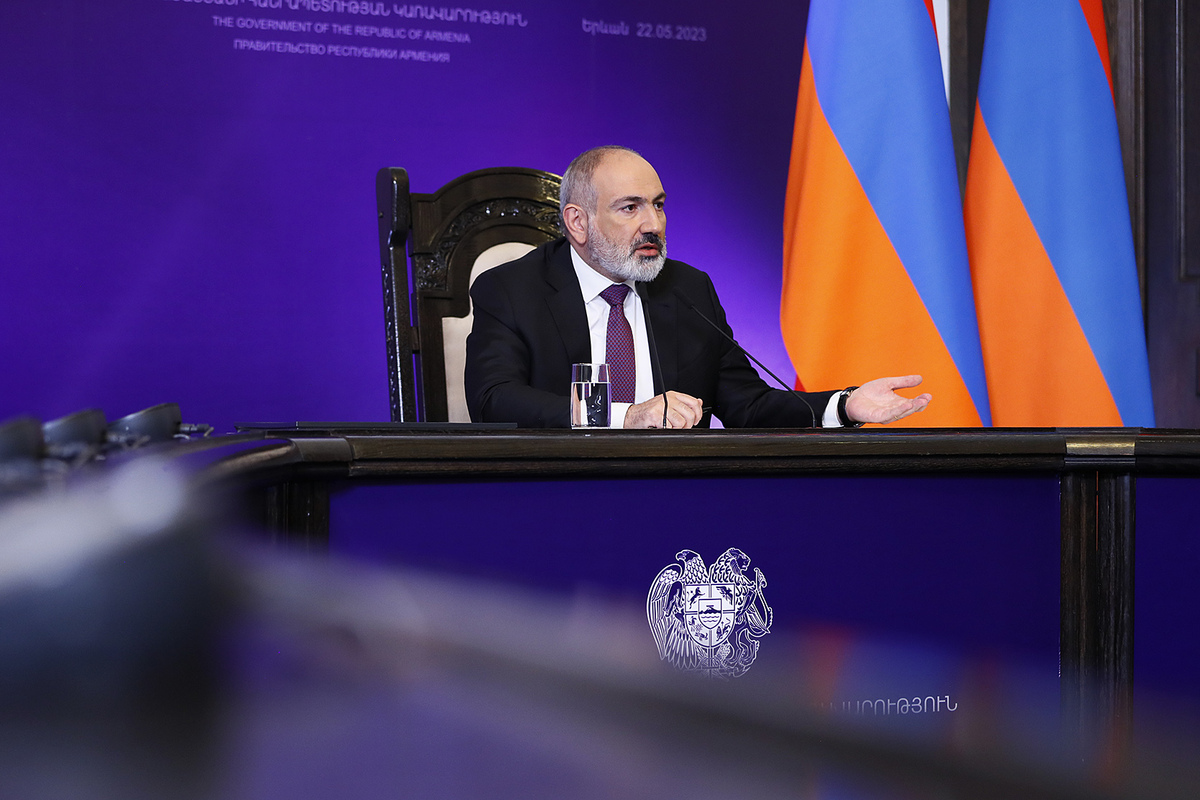Armenian Prime Minister Nikol Pashinyan has stated that Armenia intends to withdraw completely from the Collective Security Treaty Organization (CSTO), a Russian led military alliance. The Prime Minister’s remarks come after several years of deteriorating relations between Armenia and Russia, and also come as Armenia moves further west in its orientation.
Long Awaited Withdrawal
Armenia has yet to withdraw from the CSTO, however today’s remarks by PM Pashinyan show that Armenia is set on a withdrawal from the Russian military alliance; a move that has been long anticipated.
“We will leave. We will decide when to leave. We won’t come back, there is no other way” -Prime Minister Nikol Pashinyan in response to an opposition lawmakers question in the question and answer period of today’s parliamentary session
Following Pashinyan’s announcement in Parliament, Armenian Minister of Foreign Affairs, Ararat Mirzoyan, stated that it was not an official announcement of withdrawal.
“Those who assert that the Prime Minister said that Armenia is withdrawing from the CSTO are mistaken” -Armenian Minister of Foreign Affairs Ararat Mirzoyan
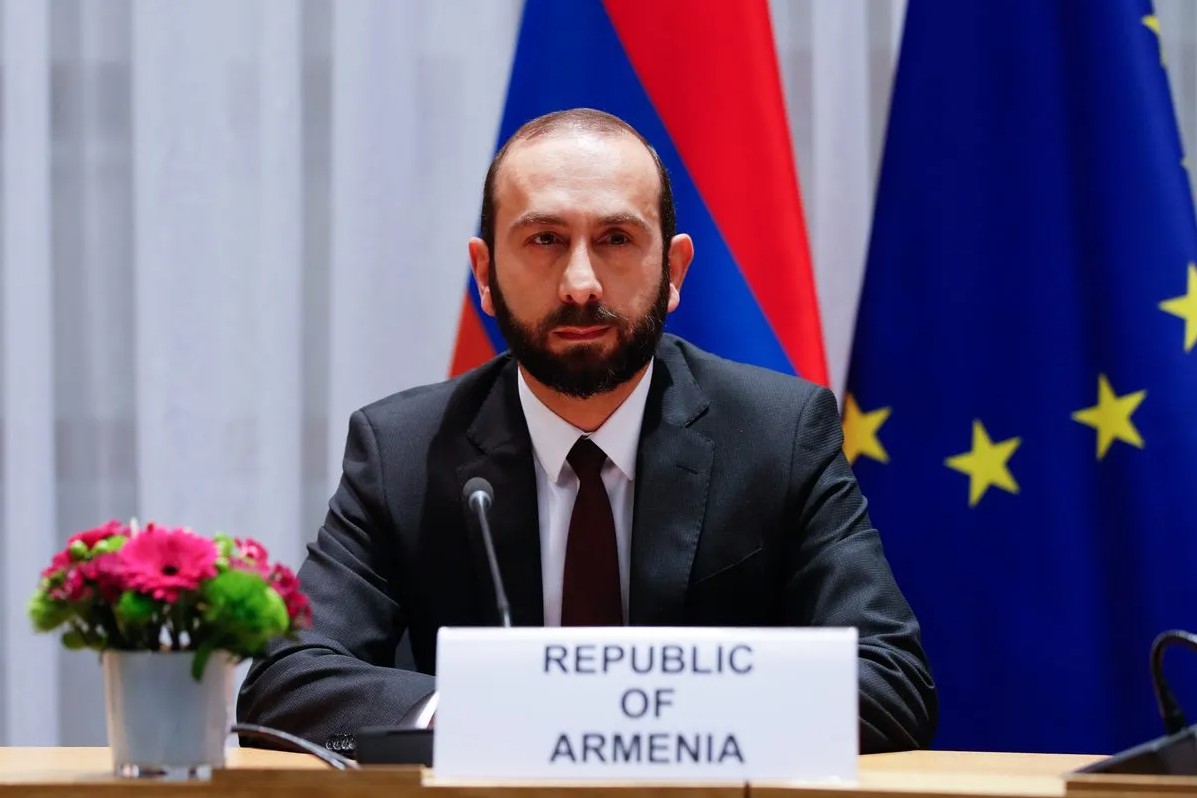
Regardless, the Prime Minister’s words show Armenia’s intention to withdraw from the CSTO, the latest of many hits that Russian-Armenian relations have taken.
Russia has yet to issue a response to PM Pashinyan’s words.
Historically the two nations have been allies, with Armenia being a member of the CSTO and Russia being their primary supplier of military equipment. However, relations have been on a continual decline since Armenia’s loss in the 2020 44-Day War to Azerbaijan.
A History of Decline
The war, which ended with a Russian brokered ceasefire, resulted in the complete withdrawal of Armenian forces from the disputed territory of Artsakh (Nagorno-Karabakh, a disputed region which is internationally recognized as a part of Azerbaijan, but, until recently, had a majority Armenian population), as well as a significant reduction in the territory held by separatist Artsakh Armenian forces of the self-declared Republic of Artsakh.
Following this, there are a few notable events which have deteriorated the relationship between Russia, Armenia, and the CSTO as an organization, though there have additionally been a series of smaller happenings that have contributed as well.
The first notable event was in 2021, on May 12th, when hundreds of Azeri soldiers advanced several kilometres into internationally recognized Armenian territory. The advance, which went largely without violent incident, was halted by Armenian forces, however Azerbaijan has refused to withdraw from the territory, claiming it to be their own.
Armenia requested support from the CSTO in order to secure the withdrawal of the Azeri forces, however the CSTO refused.
The next year, from the 12th to the 14th of September, Azerbaijan launched a large assault upon Armenia’s borders. Although clashes lasted just a few days, they left hundreds dead on both sides, and resulted in the further occupation of Armenian territory. In addition, there were several recorded instances of Azeri forces committing war crimes during this assault.
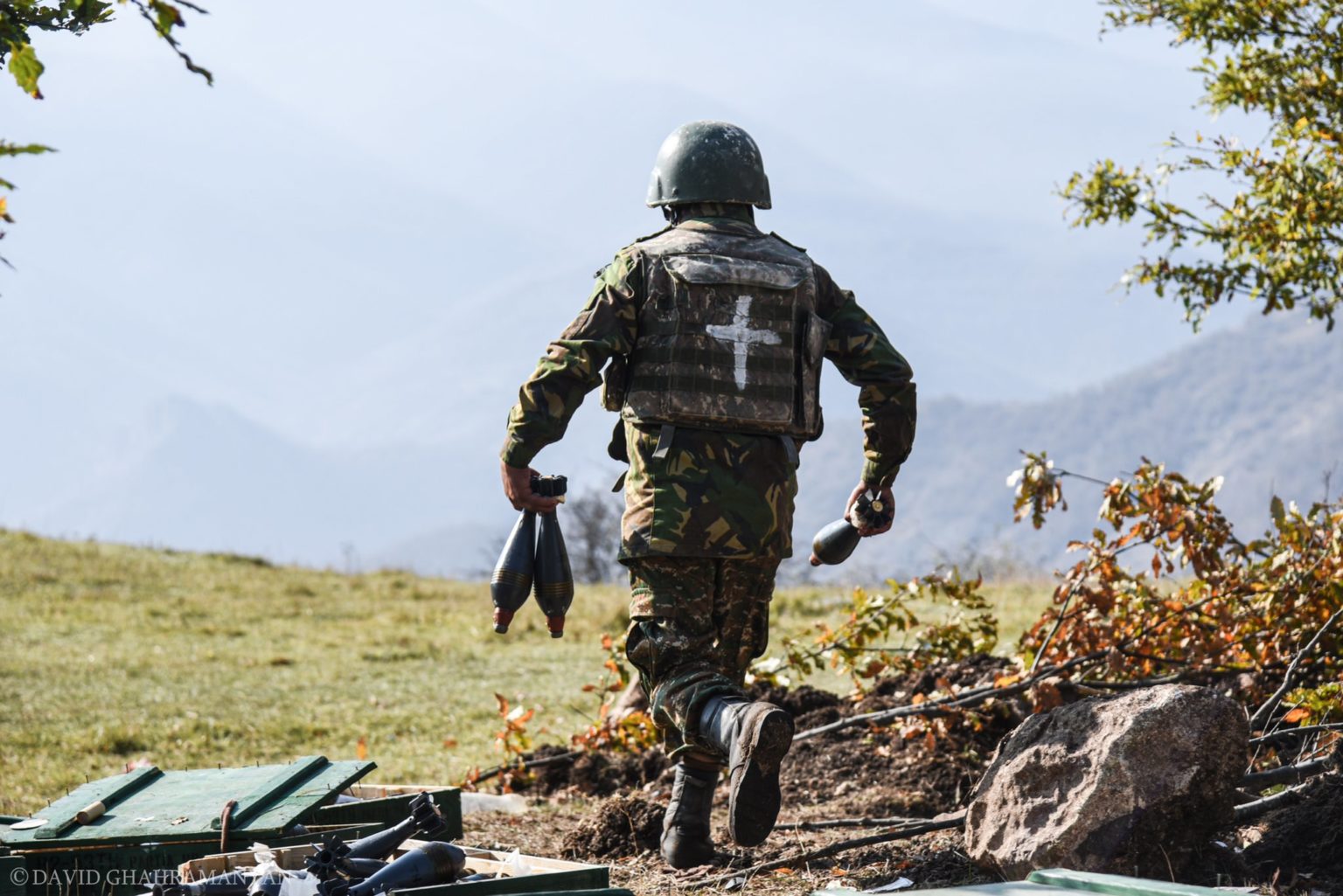
As they did in 2021, Armenia called upon Russia and the CSTO to assist them against Azerbaijan’s assault upon their borders. And as the CSTO did in 2021, they again refused. Further, the CSTO failed to even issue a condemnation of Azerbaijan’s attack upon Armenia.
These attacks began a political crisis within Armenia, as on the last day, the 14th, PM Pashinyan announced his willingness to recognize Artsakh, which at the time had been operating independently, as Azeri territory. Following protests on this announcement, he walked back the statement, however has since issued this recognition.
After this particular instance, Armenia began to distance itself from the CSTO. It skipped certain meetings, didn’t participate in CSTO military exercises, and also cancelled exercises it was set to host.
A few months after the end of the September attacks, the blockade of Artsakh began. Self-proclaimed eco-activists (a number of which had ties to the Azeri military) blocked the Lachin/Berdzor Corridor, the only road which connected Armenia proper with Artsakh. The blockade began on December 12th, 2022, and resulted in significant shortages of essential supplies within Artsakh. Further, Azerbaijan also cut off the supply of gas to Artsakh on multiple occasions throughout the duration of the blockade. Over time, the Azeri protestors were replaced by a formal Azeri military checkpoint.
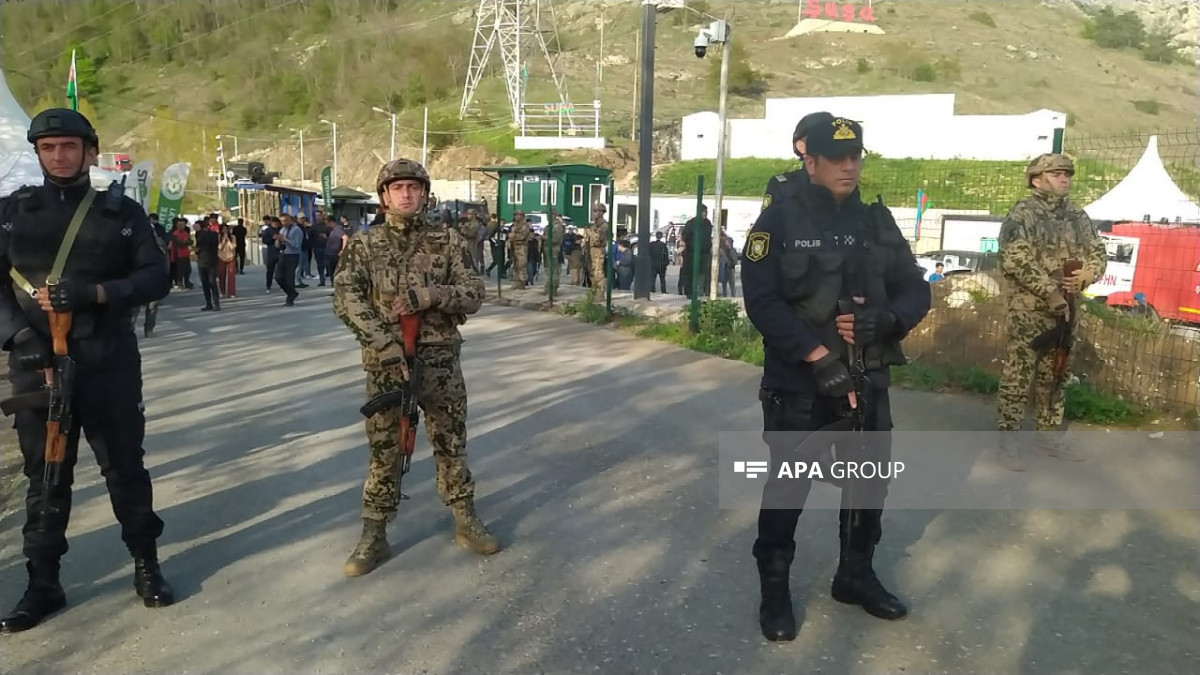
The free transit between Armenia and Artsakh was guaranteed by the terms of the 2020 ceasefire deal. The International Court of Justice (ICJ) further established this freedom of transit when it twice ruled on the matter, ordering Azerbaijan to open the corridor.
As a part of the 2020 ceasefire deal, Russia deployed peacekeepers to Artsakh, in order to ensure the ceasefire held and its terms were adhered to. As such, it was the responsibility of the Russian peacekeepers to ensure that travel on the Lachin Corridor did, in fact, remain free. However, Russia’s peacekeepers took no action to end the blockade, which was subject to significant condemnation by PM Pashinyan as well as other Armenian officials.
Relations took a far more drastic dive in September of 2023, when Azeri forces launched a lightning offensive against separatist Artsakh forces. Within two days, the Artsakh Defence Forces and the Artsakh government capitulated to Azerbaijan. The blockade ended as Azerbaijan opened their military checkpoint to allow for the mass exodus of virtually all of Arstakh’s 120,000 Armenians, who left to Armenia.
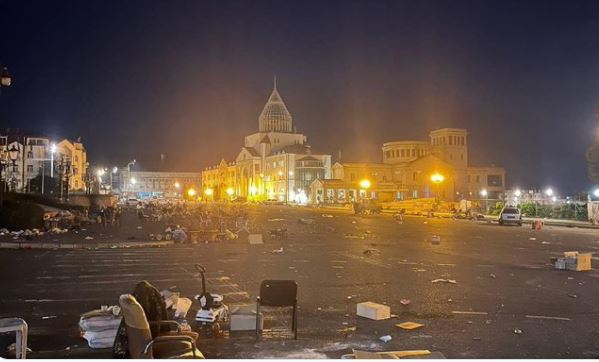
The offensive took place without intervention from Russian peacekeepers, although they did assist in the evacuation of civilians. The lack of intervention from peacekeepers was again subject to strong condemnation by PM Pashinyan, who in part blamed Russia for the loss of Artsakh.
Since then, relations between Armenia and Russia have rapidly deteriorated. Armenia has grown significantly closer to the west, including through purchasing large amounts of arms from France.
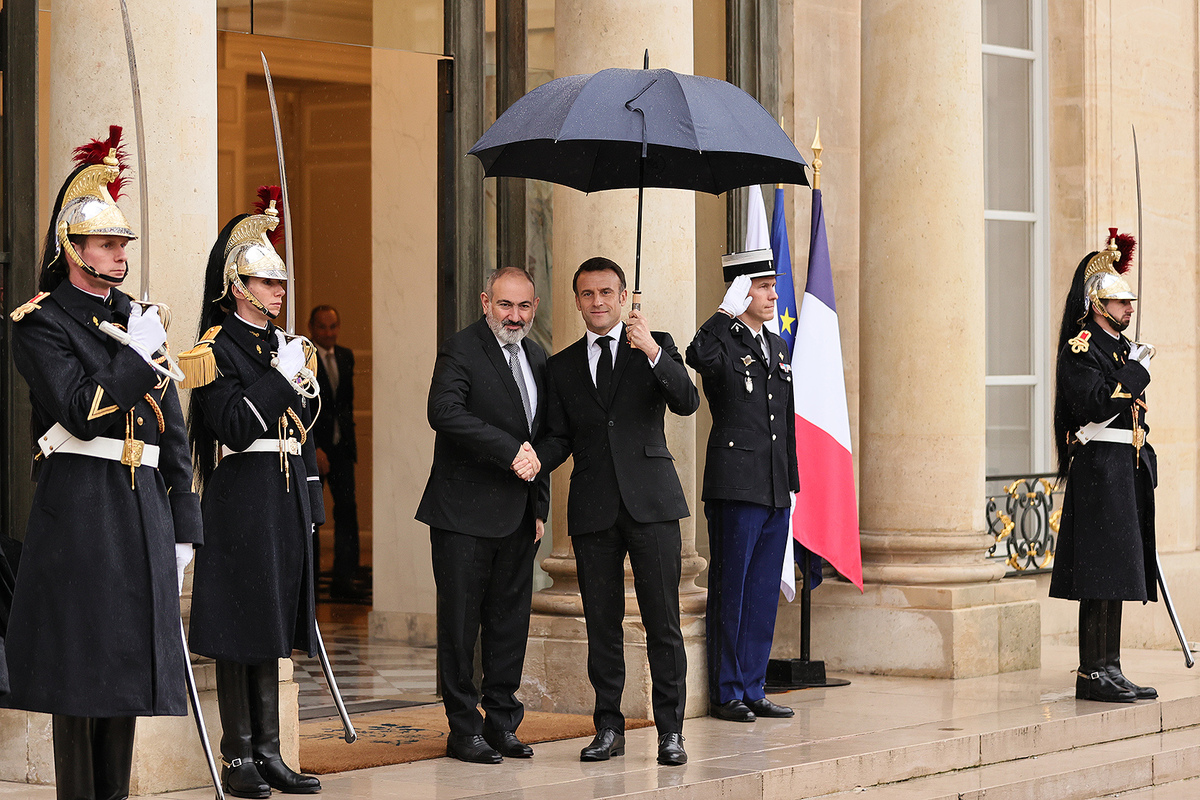
Following the Azeri seizure of Artsakh, Armenia indicated that they were considering their future in the CSTO. Armenia also continued to pull back from CSTO exercises and meetings.
In February, Armenia announced that they had “frozen” their cooperation with the CSTO.
“The Collective Security Treaty has not fulfilled its objectives as far as Armenia is concerned, particularly in 2021 and 2022. And we could not let that happen without taking notice. We have now in practical terms frozen our participation in this treaty. As for what comes next, we shall have to see” -Armenian Prime Minister Nikol Pashinyan
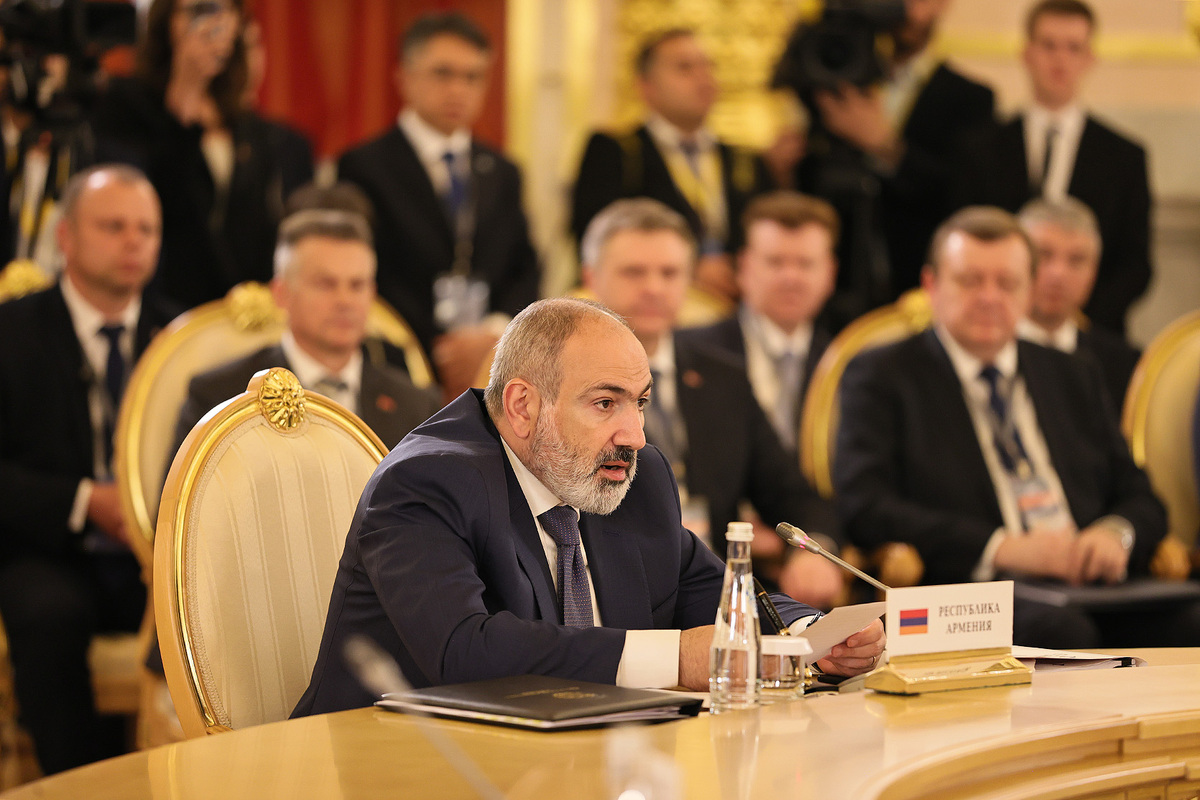
All of these factors have resulted in an Armenian withdrawal from the CSTO having been anticipated for a long time. While Armenia has yet to withdraw, Pashinyan’s remarks in today’s parliamentary session indicate that it could come soon.
This likely withdrawal also notably comes as both PM Pashinyan and Azeri President Ilham Aliyev have both claimed that peace between the two nations is “closer than ever,” and border demarcation processes are ongoing.
However this is not the first time that both leaders have claimed peace to be on the horizon, as in both 2022 and 2023 they expressed hopes to sign a peace deal “by the end of the year.” This has, of course, yet to happen, though border demarcation does evidence some progress having been made.

